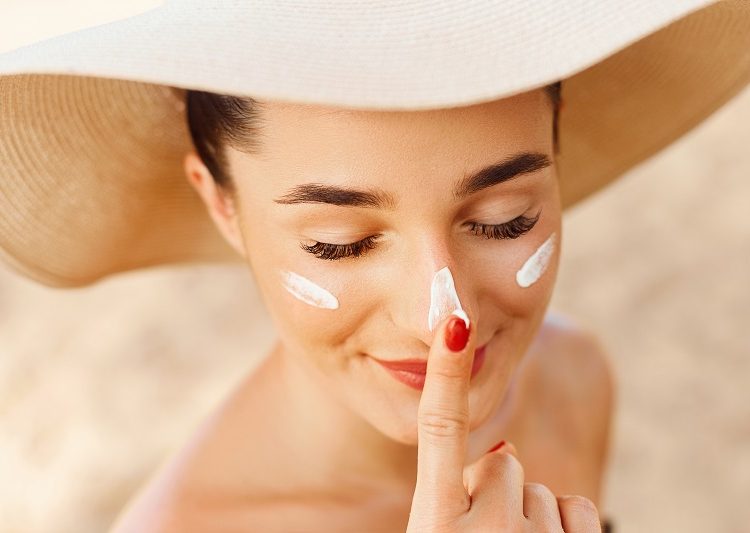The skin is the largest organ of the human body and serves as the first line of defense against environmental threats. It plays a crucial role in protecting internal organs, regulating body temperature, and maintaining overall health. Proper skincare is essential for keeping the skin healthy, youthful, and free from diseases.
The Structure of Skin
The skin consists of three primary layers:
- Epidermis – The outermost layer that acts as a protective barrier. It contains melanocytes, which determine skin color.
- Dermis – The middle layer, containing collagen, elastin, and blood vessels that provide strength and elasticity.
- Hypodermis – The deepest layer made of fat and connective tissue, helping with insulation and cushioning.
Functions of Skin
The skin serves several vital functions, including:
- Protection – Shields the body from harmful bacteria, UV rays, and pollutants.
- Temperature Regulation – Sweating helps cool the body, while fat layers retain warmth.
- Sensation – The skin has nerve endings that allow us to feel touch, pain, and temperature changes.
- Excretion – Eliminates toxins through sweat glands.
Common Skin Problems and Their Causes
Despite its resilience, the skin can develop various conditions due to internal and external factors:
- Acne – Caused by excess oil, clogged pores, and bacteria.
- Eczema – A chronic condition leading to dry, itchy, and inflamed skin.
- Psoriasis – An autoimmune disorder resulting in scaly patches.
- Wrinkles and Fine Lines – Due to aging, sun exposure, and loss of collagen.
- Hyperpigmentation – Dark spots caused by sun exposure or hormonal imbalances.
Skincare Tips for Healthy Skin
Maintaining healthy skin requires a proper routine and good habits. Here are some essential tips:
1. Cleansing
Wash your face twice daily with a gentle cleanser to remove dirt, oil, and pollutants. Avoid harsh soaps that strip natural oils from the skin.
2. Moisturizing
Hydration is key to keeping the skin soft and supple. Use a moisturizer suited for your skin type to prevent dryness and maintain elasticity.
3. Sun Protection
UV rays accelerate aging and increase the risk of skin cancer. Apply sunscreen with SPF 30 or higher daily to protect your skin from damage.
4. Healthy Diet
A diet rich in vitamins, antioxidants, and healthy fats promotes glowing skin. Foods like fruits, vegetables, nuts, and fish contribute to skin health.
5. Hydration
Drinking plenty of water keeps the skin hydrated and flushes out toxins, giving it a natural glow.
6. Avoid Smoking and Alcohol
Smoking reduces blood flow to the skin, leading to premature aging, while excessive alcohol dehydrates the skin and causes inflammation.
7. Proper Sleep
Getting 7–9 hours of sleep allows the skin to repair and rejuvenate, preventing dullness and dark circles.
Natural Remedies for Skin Care
Many natural ingredients benefit the skin without harsh chemicals:
- Aloe Vera – Soothes irritation and hydrates.
- Honey – Has antibacterial properties that help with acne.
- Coconut Oil – Moisturizes and heals dry skin.
- Turmeric – Reduces inflammation and brightens skin.
Conclusion
The skin is a vital organ that requires proper care to maintain its health and appearance. By following a skincare routine, eating nutritious foods, and protecting it from harmful elements, you can achieve radiant and youthful skin. Making small changes in your daily routine can have a lasting impact on your skin‘s well-being.








